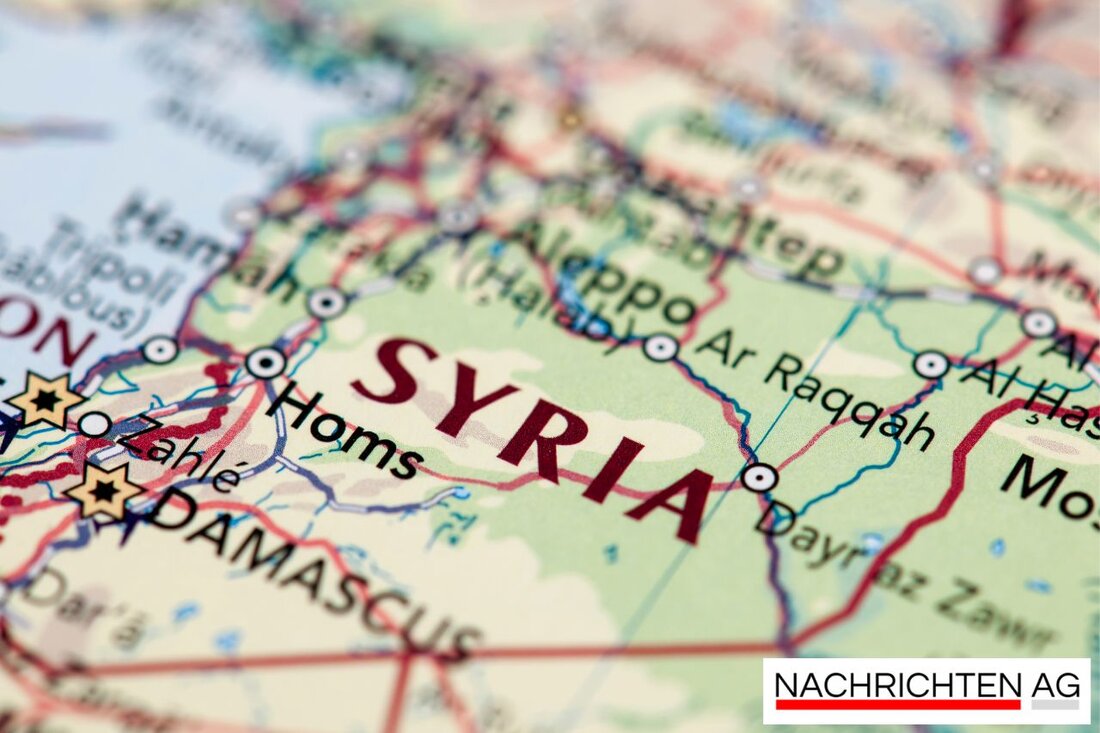Shocking figures: 74% of Vienna's first graders are unable to attend school!
In the Brigittenau district, over half of the first graders struggle with inadequate knowledge of German, which alarms education experts.

Shocking figures: 74% of Vienna's first graders are unable to attend school!
In Vienna, an alarming picture emerges among first graders: According to exxpress.at, almost 75 percent of first graders in the Margareten district are not fit for school. These figures come from the Austrian Integration Fund (ÖIF) and show that of the 18,722 students, 8,342, i.e. 44.6 percent, are classified as “extraordinary first graders”. This means that they do not have sufficient knowledge of German to follow regular lessons.
The high number is particularly noticeable in the Vienna-Margareten district: 73.8 percent of the students there fall into this category. The values are also worryingly high in Favoriten (63.1%) and Brigittenau (62.7%). In contrast, there are districts such as Mariahilf (18.9%), Wieden (27.4%) and the Innere Stadt (29.2%) where the rate is significantly lower.
A look at the background
As a current study by Kurier shows, most of the affected children, around 5,084, come from Austria. Systematically, the reasons for these frightening numbers are varied: The increases are partly attributed to international crises, in particular the refugee movements from Syria and Ukraine. Of the 8,342 affected students, 1,959 have Austrian citizenship, while 265 come from Ukraine.
What seems particularly explosive is that the quota of extraordinary students in the 2022/23 school year was around 36 percent, which means a noticeable increase. City Councilor for Education Christoph Wiederkehr from NEOS has come under criticism, particularly from the FPÖ, which speaks of an “abyss” in the education system. FPÖ leader Dominik Nepp calls for mandatory language screening for children in their fourth year of life and sanctions for parents. The ÖVP is similarly dissatisfied, demanding that children who need German support from the age of three must attend kindergarten.
The reactions and demands
The Vienna Greens see the current figures as an expression of a “system failure” and are demanding that every kindergarten receive a permanent language teacher. The situation is being heatedly discussed on social media and there is debate about a second compulsory year of kindergarten, which is supported by both NEOS boss Beate Meinl-Reisinger and AMS boss Johannes Kopf.
In response to the increasing numbers, Wiederkehr announced that the free summer German courses would be increased from 3,900 to 4,900 places. The average time spent in kindergarten for non-standard students is only 2.14 years, which is not exactly optimistic.
A look at the demographics
To better understand the problem, it's important to look at the demographics. According to the ÖIF fact sheet on integration, there were around 1.8 million young people under the age of 19 living in Austria at the beginning of 2024, 27.6 percent of whom have a migration background. These figures come in the context of a growing diversity of languages and cultures, which further increases the challenges in the education system.
Due to the increasing number of students with a migrant background, the need for targeted language support is becoming increasingly clear. The debate about effective educational measures will become more important in the coming weeks and could be groundbreaking for the future educational landscape in Vienna.

 Suche
Suche
 Mein Konto
Mein Konto